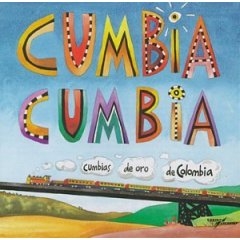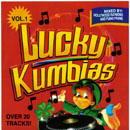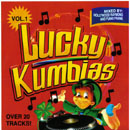
I wish my dreams felt like this piece by Nico Muhly, who, in addition to being famous and composing, edits the wikipedia entry on Tricky Daddy’s “Nann Nigga” and invokes idaafa to close-read him. One of the many fascinating items you’ll learn reading his polymath blog, lovely despite its McSweeney’s-aping design.
Dreams fade quick. Let’s try to hear or remember:
[audio:Nico_Muhly_mothertongue_pt1_archive.mp3]Nico Muhly – Mother Tongue pt 1. Archive
…even in the midst of data-overload shimmering through oneiric drift, everything seems so resolved .
but instead of sounding/feeling like this, either I don’t remember my dreams (this is what usually happens) or they are documentary-realist dreams about insects, because I live in New York City. Those are the kind of dreams you are allowed to have here.
The other day I kicked a rat the size of a small dog – not because I wanted to! I was walking past a trash can (and models: the Meatpacking district at 7pm) and must have startled the animal – it bolted across my shoe, skidded, then ran to hide in another mound of rubbish.


 \
\





